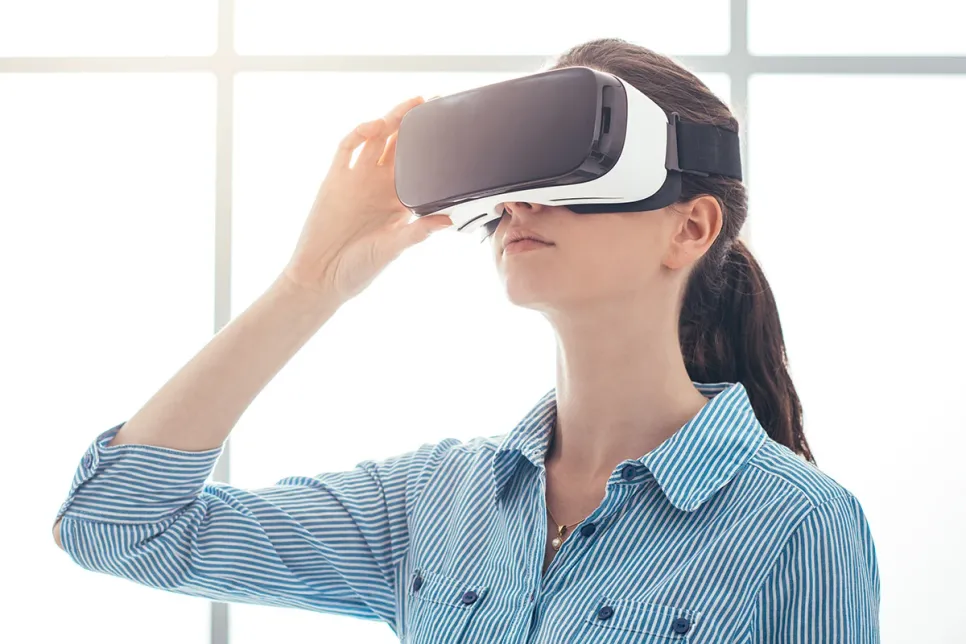Qualcomm Announces Snapdragon 8 Gen 5 Platform
Qualcomm added its latest smartphone platform to its premium-tier Snapdragon range.

Lenovo previewed results from a new global survey that shows people believe in the potential of technologies, such as VR, to positively impact our health. In fact, VR is starting to be used in some hospitals in place of general anesthetics to alleviate pain for young patients.
The new Lenovo THIS IS LIFE film showcases the use of its technology in collaboration with Starlight Children’s Foundation, which is using the Mirage Solo VR headset in its Virtual Reality program. VR enables pediatricians at Children’s Hospital Colorado and hundreds of Starlight partner hospitals and healthcare facilities in the US to use the headsets as a procedural tool for critically ill young patients, primarily to reduce anxiety during mild to moderately painful procedures. By using VR as a calming distraction, several patients have been able to undergo these procedures whilst awake, cutting down lengthy recovery times, and reducing the need for medication.
To unearth new insights into the social changes and benefits of intelligent technology and smart devices, Lenovo surveyed more than 15,000 individuals, across the US, Mexico, Brazil, China, India, Japan, UK, Germany, France and Italy. The research found that people around the world believe new technologies have the power to transform the healthcare space, with 47 percent of global respondents saying technology will be “critical“ in transforming health care in the future.
Furthermore, the majority (84 percent) of respondents say they believe technology can empower people, communities and society to help address and solve big global problems, including in the healthcare field, while a quarter (25 percent) report they feel technology companies have a responsibility to help address and solve major challenges facing society and the world.
While the majority of respondents say they feel technology can help play a role in addressing worldwide challenges such as certain health care issues, they say that promise is yet to be fulfilled. More than two thirds of respondents (67 per cent) said that technology and smart devices are currently having a positive impact on their abilities to live healthier lifestyles. Additionally, only half (50 percent) of people globally say they think technology has had a positive impact on society by improving aspects of the healthcare space.